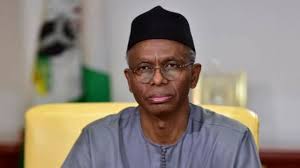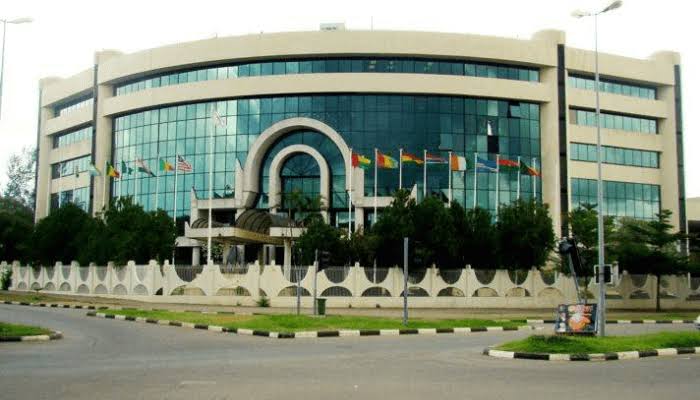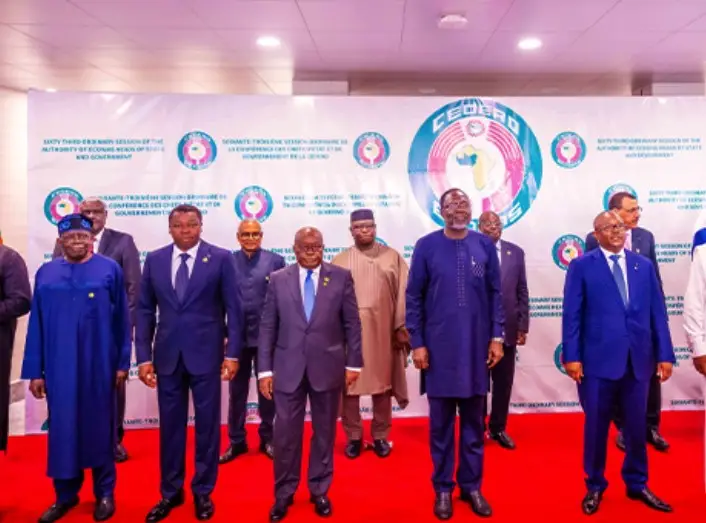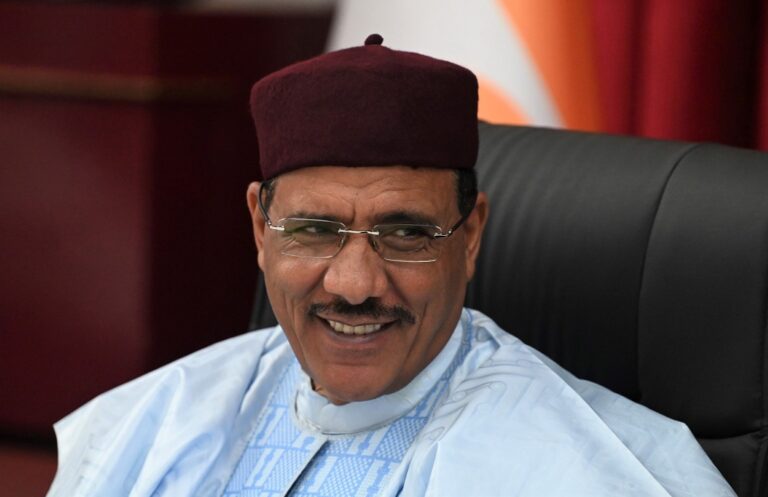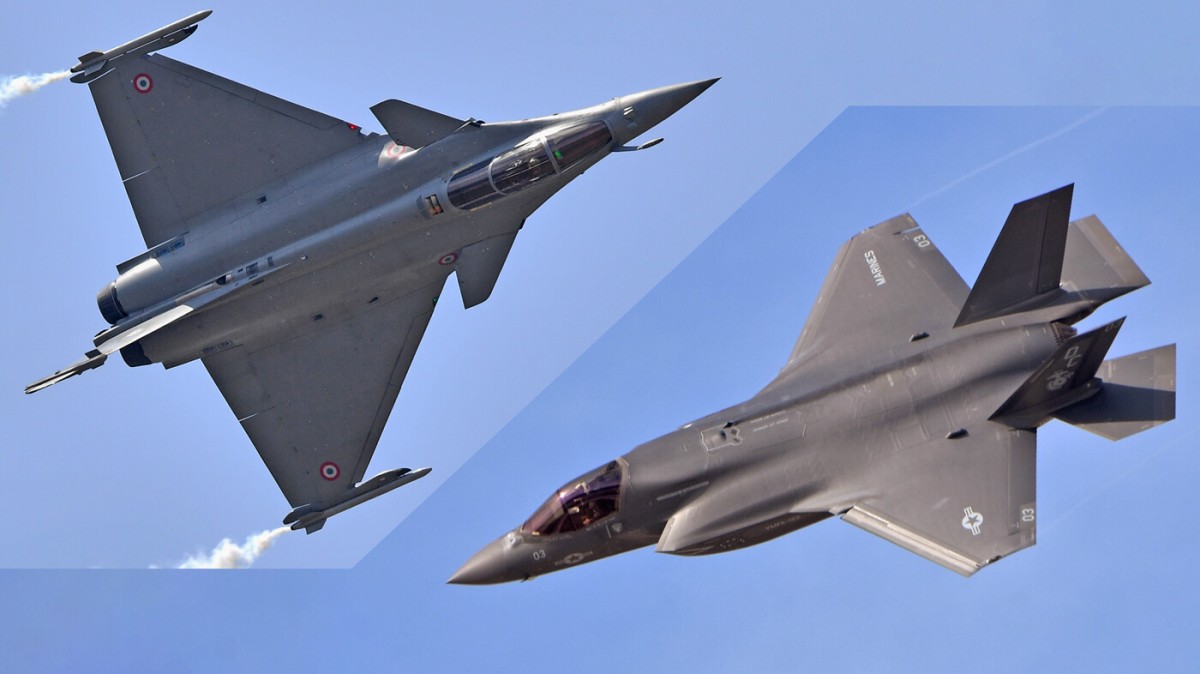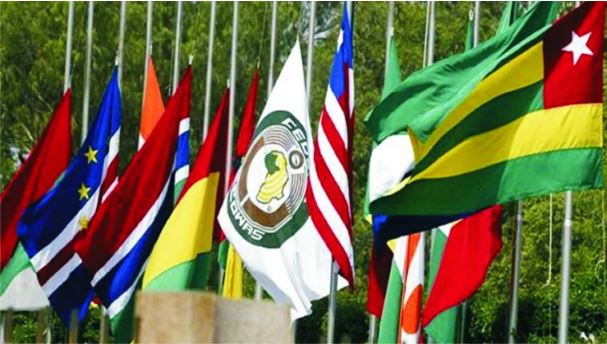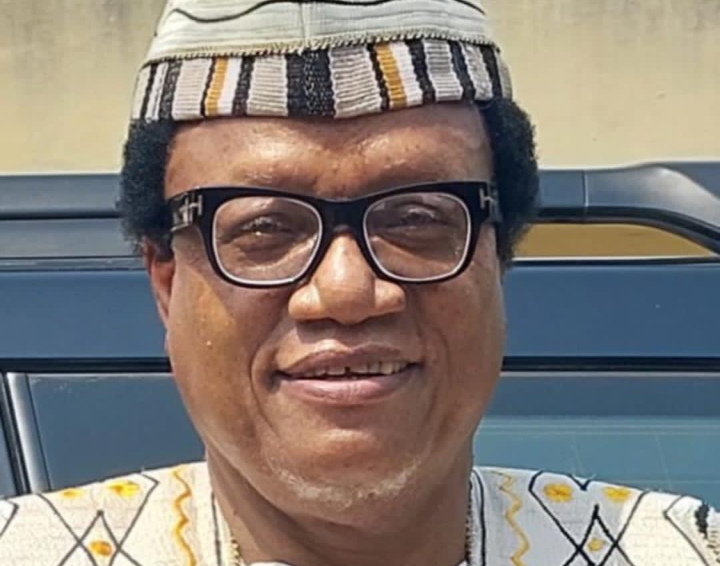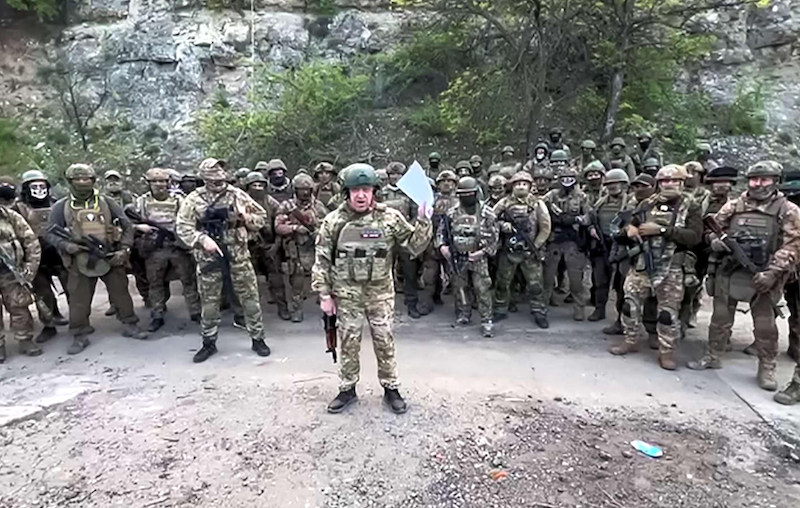Troops of the Economic Community of West African States (ECOWAS) has stated its readiness to participate in a standby force that is preparing to intervene in the Republic of Niger.
This is coming after a raft of trade and financial sanctions already applied since the July 26 military takeover failed to make the coup leaders succumb.
The bloc’s military chiefs met in Ghana to discuss a possible armed intervention to reverse the coup in Niger, just as Germany called for European Union (EU) sanctions against the rebel leaders.
Although the defence chiefs had backed the calls for dialogue as a mediation tactic, the group said all elements that would go into any military intervention had been worked out and were being refined.
This included the timing, resources needed and how, where and when to deploy such force. Ivory Coast, Benin and Nigeria are expected to contribute troops, but little detail has yet to emerge over the potential Niger operation.
Alarmed by a series of military takeovers in the region, ECOWAS at its Second Extraordinary Summit on Niger last week in Abuja, agreed to activate a “standby force to restore constitutional order” in Niger.
At yesterday’s meeting in Ghana’s capital, Accra, the defence chiefs said they are prepared to reinstate the democratic order in Niger.
The Accra meeting of top army commanders, which continues today, is coming after fresh violence in Niger, with jihadists killing at least 17 soldiers in an ambush.
Twenty more soldiers were wounded, six seriously, in the heaviest losses since the July 26 coup, when the presidential guard ousted President Mohamed Bazoum and detained him and his family.
According to Reuters, ECOWAS commissioner for political affairs, peace and security, Abdel-Fatau Musah, said: “Let no one be in doubt if everything else fails, the valiant forces of West Africa are ready to answer to the call of duty. By all means available, constitutional order will be restored in the country,” listing past ECOWAS deployments in The Gambia, Sierra Leone and Liberia as examples of readiness.
Musah added: “The Accra meeting would fine-tune details, in case the bloc were to resort to the ultimate means of force. The military junta in Niger is playing a cat-and-mouse game with ECOWAS. They have flouted their own constitution and ECOWAS protocols. The military authorities in Niger appear to remain defiant. At the end of this two-day meeting on Friday, the defence chiefs will announce the next steps.
Also, Nigeria’s Chief of Defence Staff, General Christopher Gwabin Musa, said: “Democracy is what we stand for and it’s what we encourage. The focus of our gathering is not simply to react to events, but to proactively chart a course that results in peace and promotes stability.”
There is however the question of the costs of the intervention. A force of 5,000 troops is estimated to cost ECOWAS $2.3 billion yearly, raising several questions: Who will pay for this? Will a force of 5,000 be sufficient for one of Africa’s largest countries consisting of 1,267,000 square kilometres?
For clarity, such a force would be expected to not only remove the current military junta but also hold territory. This is clearly impossible for a force of a mere 5,000 troops. Further muddying the waters of uncertainty is that there is no clear indication of how much support the junta has amongst the local population.
Already, Germany is urging the EU to impose sanctions on the coup leaders. The foreign ministry in a post on X, formerly Twitter, said: “After suspending development and security cooperation, we now want to launch sanctions in the EU against the putschists.”
Foreign Minister Annalena Baerbock had spoken on the phone in recent days about Niger with French Foreign Minister Catherine Colonna, U.S. Secretary of State, Antony Blinken and African Union (AU) Commission head, Moussa Faki.
The United States said on Wednesday that a new ambassador would soon head to Niger to help lead diplomacy aimed at reversing the coup. The Biden administration is also searching for ways to keep U.S. forces and assets in Niger to continue anti-terror operations despite the coup, even as it becomes increasingly unlikely that the junta will cede power back to Bazoum.
The Pentagon is evaluating what authorities it can use to continue to operate in a primarily intelligence gathering role in Niger if the military takeover is deemed a coup d’etat by the State Department – a legal determination that would strip the U.S. military of some of its authorities and funding to engage in security cooperation with Nigerien forces.
If a coup determination is made, administration officials have also explored the possibility of issuing a waiver to allow certain US military activities to continue, allowing the secretary of state to waive the restrictions on national security grounds. A National Security Council spokesperson in a chat with AFP declined to comment on “what decisions could be made,” but said that “any decision we take will be in accordance with U.S. law.”
The US military mission in Niger is one of the main reasons why the US has held off so far on legally declaring the situation a military coup d’etat, instead engaging in extensive diplomacy to try to reverse the Nigerien military takeover, officials said. ECOWAS, France, AU and the EU have all deemed the situation a coup.
A decision to keep U.S. assets in place could create friction with allies and other countries in the region concerned about potential US cooperation with the military junta currently in control of Niger.
Analysts say any ECOWAS intervention against Niger’s coup leaders would be militarily and politically risky, and the bloc has said it prefers a diplomatic outcome.
A security expert and public affairs commentator, Mr. Matthew Ibadin, has called on President Bola Tinubu to play a fatherly role by adopting diplomatic means in handling the military coup in Niger, rather than resorting to use of force on the coupists.
Ibadin, who is the Managing Director/Chief Executive Officer of Badinson Security Limited in a statement, yesterday, said: “As the coupists are seriously entrenching their regime, it is pertinent to note the consequences of ignoring the voice of reason from concerned citizens hinged on total abstinence from any semblance of force or war in Niger in an attempt to restore democracy.
“It would therefore be a very wrong step for the President to insist on the use of force to restore democracy in Niger. As posited by some military analysts, any coup that has lasted up to 24 hours is already a success as many stakeholders must have endorsed it, it is my humble advice to Mr. President not to allow pressure from United Nations and its power wielders like United States of America and France to mislead him into taking action that may precipitate a regional war particularly as some West Africa countries are already giving subtle support to the coupists in Niger.
“Aside from the fact that these guys are our brothers, need I also remind Mr. President that the country is already fragile. Two days ago, the insurgents resurrected, shooting down the Air Force airplane in Niger State, and they are seriously vandalising our rail tracks presently. So, we should use our armies to protect the country’s infrastructure instead of pushing them to war.”
The public affairs analyst noted that the coup in Niger is seen as a revolutionary government and that’s fair because they appear to be fighting against French domination in Niger, Mali, Burkina Faso, but they can’t be seen as attaining proper independence because they are swapping French for Russia, which altogether is being kicked against.
“Let us change the paradigm, Nigeria is somehow borderless on the side of the North, the border is extremely porous, so going to war with someone you are borderless with might be disastrous. Arms and ammunition can freely find their way into the country and the western world will take advantage of the situation to arm non-state actors. Why not negotiate with your brothers instead of going to war with them, the spirit of the time is pro-independence, it’s time to reawaken the African spirit and kill slavery forever,” he added.
Also, an expert from the Security Institute for Governance and Leadership in Africa of the Stellenbosch University in South Africa, Prof Hussein Solomon, said what makes the coup in Niger different from coups in the region is Niger’s strategic importance to several players.
“In 2022 alone, France imported almost 18000 tons of uranium from Niger to power its nuclear plants. The announcement by the junta to stop uranium exports to Paris undermines French energy security. Second, given the 2022 attack on the Nord Stream gas pipeline in the Baltic Sea, there is also a US$ 13 billion gas pipeline bringing in gas from Nigeria via Niger and Morocco to Europe. This pipeline and the energy security of Europe within the context of the Russian-Ukraine war are now in some jeopardy.
“In response, Washington deployed its acting Deputy Secretary of State, Victoria Nuland to Niamey to meet with the military junta in an effort to reverse the coup. Nothing of consequence came out of this meeting. French President Macron, meanwhile, made clear his country’s stance – threatening a swift response to any threat to French interests. The military junta has called on Russia’s Wagner group for assistance, whilst Moscow has warned ECOWAS not to engage in military intervention in Niger. In this sense, it is clear that the West and Russia’s new Cold War has spilled over onto African soil in a proxy war mode.
“Third, Niger has become the frontline of the West’s fight against Islamist extremists across the Sahel. When Mali’s military junta came to power and wanted French forces out, these relocated to Niger where France sought to further conduct its counter-terrorism campaign in the Sahel from Niger. Following Niger’s coup, the demand was repeated – that French forces leave. Indeed, the military junta has informed Paris that it was scrapping all military cooperation agreements with the French armed forces.
“The U.S. is in a similar situation. They have a large drone air base in Agadez in Niger, called Niger Air Base 201. After Djibouti, Niger Air Base 201 is Washington’s second largest base in Africa. Should U.S. and French troops leave, this could well create a vacuum for jihadists to operate more freely in the region. This threat brings to the fore the question of who must respond and brings regional politics to the fore
“The coup in Niger is not a wholly Nigerien matter. What of France’s access to Niger’s uranium? What of the gas pipeline running through Niger to Europe? What of the presence of US and French troops in Niger? What of the junta’s invitation to the Wagner group? Given these issues, and with time fast running out, the prospect for further conflict is sadly more probable than peace,” the scholar concluded.
Speaking in the same vein, Sheikh Ibraheem Zakzaky, supreme leader of the Islamic Movement on Nigeria (IMN), has expressed deep concern about the escalating military tensions between Nigeria and Niger.
Speaking from his residence in Abuja, Zakzaky addressed students from Hauza (Islamic Seminary) on Thursday and warned of potential warfare instigated by foreign powers, particularly France and America. He believes that such conflicts could lead to internal unrest within both African nations.
The renowned Islamic scholar highlighted historical colonial divisions between Niger and Nigeria and expressed fears about the presence of foreign military personnel at the borders.
The sheikh referenced the often-used American phrase, ‘all options on the table,’ used by multiple U.S. presidents when discussing foreign policy, suggesting that it indicates a readiness to resort to armed conflict.
“What I am apprehensive about is the possibility of the outbreak of war since they have positioned soldiers at the borders, using a popular American quotation, ‘all options on the table’.
“It is important that people realise the farfetchedness of a war between the Niger Republic and Nigeria,” he stated.
Zakzaky questioned the rationale behind the potential conflict, asking why Nigeria should be concerned with issues of democracy in Niger.
